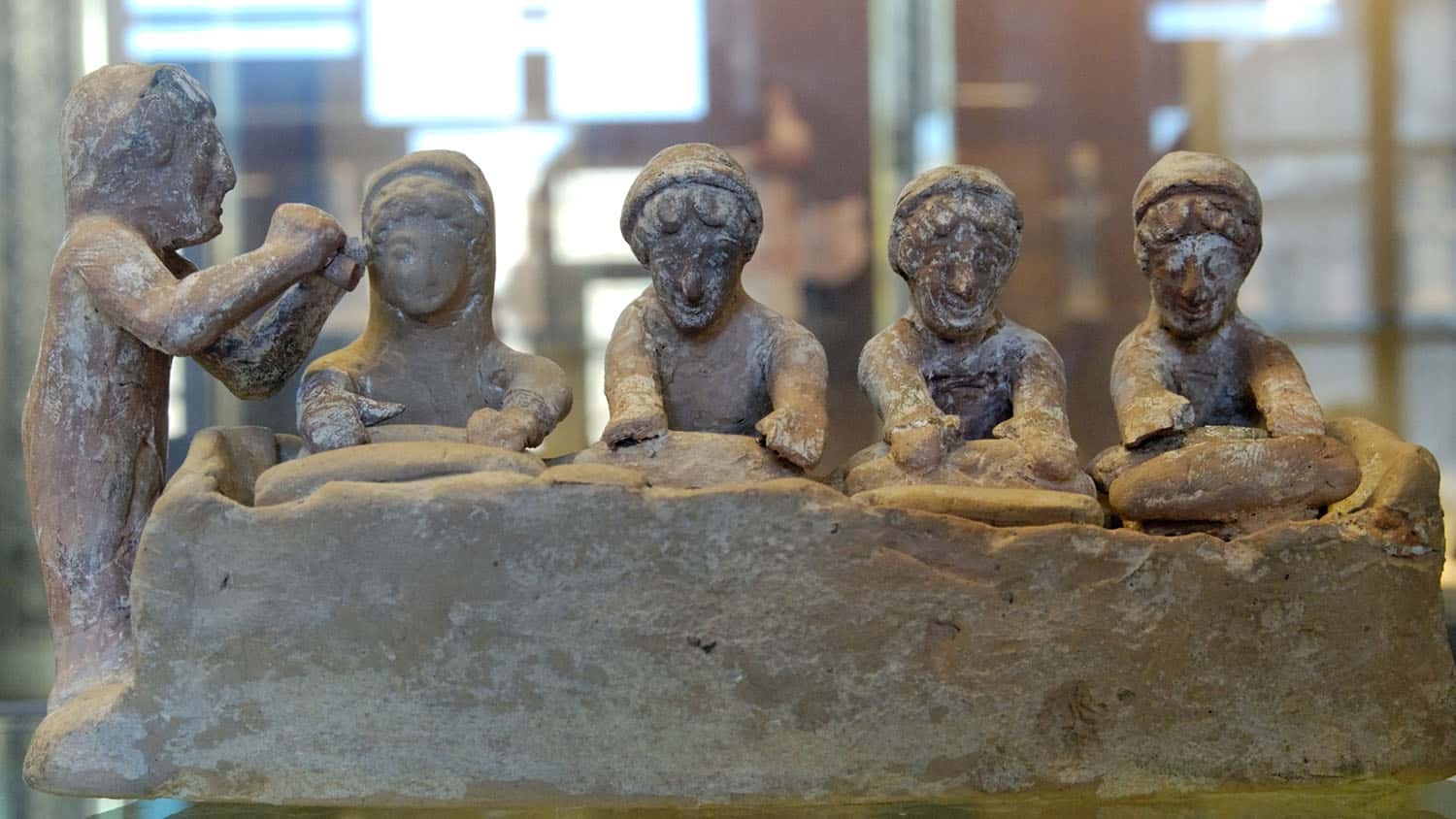Jimmy Carter’s Geneva Peace Conference; Doomed or Defeated
Schultheiss, Thomas Edward. “Jimmy Carter’s Geneva Peace Conference; Doomed or Defeated?” (Under the direction of Dr. Nancy Mitchell.)
This study focuses on the efforts of President Jimmy Carter and his administration in 1977 to convene a comprehensive Middle East peace conference in Geneva. Carter had advocated a Geneva peace conference as a presidential candidate in 1976, and his promise to actively seek peace between Israel and its neighbors won him support from the American Jewish community; support that had a role in Carter’s electoral victory. Carter made the Middle East an important priority for his administration in the first year of his presidency. But after Menachem Begin was elected Prime Minister of Israel in May 1977, the progress toward comprehensive peace negotiations stopped. Initially, the Carter administration did not recognize Begin’s unwillingness to take part in comprehensive negotiations and continued its efforts to convene the Geneva conference. As Carter struggled to keep the peace process alive, his diplomatic efforts were not always received in the manner that he expected. In October 1977, this led to the controversies surrounding the US-Soviet Communiqué and US-Israel Statement. Begin used the uproar caused by these documents to cause a crisis in the peace process that prompted Egypt’s President Anwar Sadat to make a historic trip to Jerusalem. After Sadat’s visit, he was condemned by Syria, the PLO, Libya, and the Soviet Union, and Carter was compelled to support bilateral peace negotiations between Israel and Egypt.
Using documents from the Jimmy Carter Presidential Library, memoirs, the press, and the works of academics like Kenneth Stein and William Quandt, this thesis adds to the current scholarship by specifically focusing on the diplomacy of 1977. By limiting the scope of the study, it is apparent that, although it would have been difficult for the Carter administration to successfully convene a Geneva peace conference in 1977, it was possible. However, Carter and his advisors misunderstood the politics of the Middle East and the influence that Carter could exert over Middle Eastern leaders and America’s foreign policy. This allowed the Carter administration to be outmaneuvered by the opponents of comprehensive negotiations.
- Categories:


